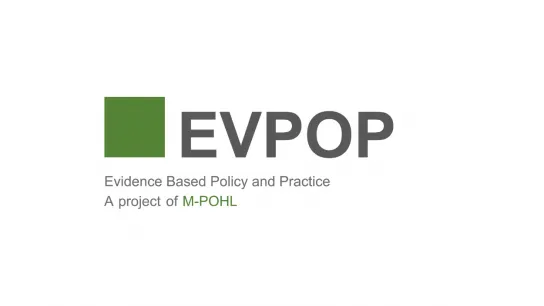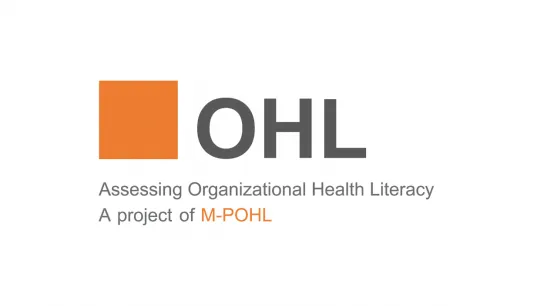Design & Methods HLS19
Study Design
The HLS19 applied a cross-sectional multi-center survey study design.
The HLS19 applied a cross-sectional multi-center survey study design.
Partners from M-POHL member countries could join the HLS19.
The vision of M-POHL is to enhance health literacy in the WHO European Region by ensuring the availability of high-quality and internationally comparative data to support evidence-informed political decisions and targeted practice interv
The Health Literacy Population Survey Project 2019-2021 (HLS19) is M-POHL’s first project aiming to collect comparative data on population health literacy in as many member states of the WHO-European


